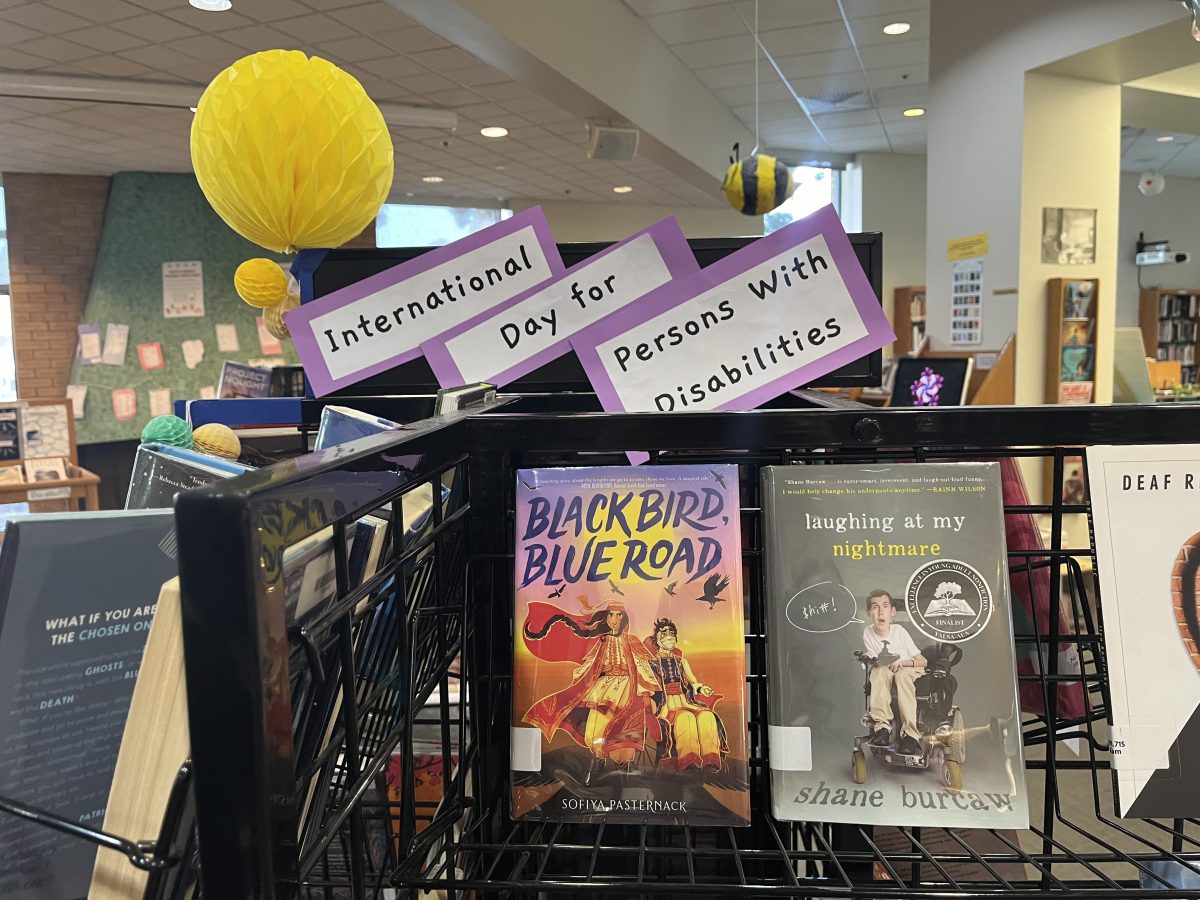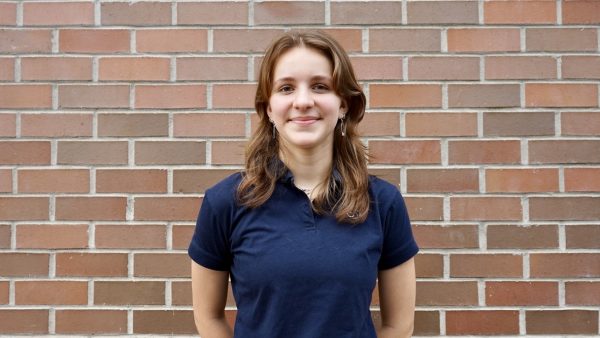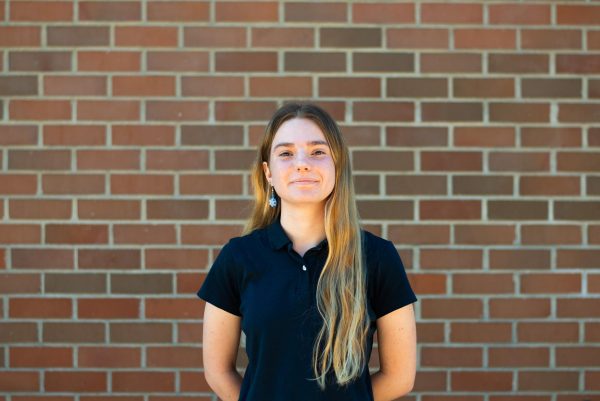Castilleja observed International Day of Persons with Disabilities (IDPD) for the first time Friday to celebrate and raise awareness for those with disabilities on and off campus. Among the celebrations and activities, IDPD also brought up relevant conversations about the creation of the D/ND affinity group and accessibility on campus.
The new Disabled and Neurodivergent Affinity group (D/ND) celebrated by handing out stickers at break and by having a board outside of the dining hall for students to ask questions about disabilities and neurodiversity. There were also posters around the school talking about well-known public figures with disabilities, accessibility at Casti and a book stand in the library featuring books about disabilities or with disabled characters.
“I’d like for it [the D/ND affinity group] to be a more established part of the Casti community, right now we are doing a lot to establish ourselves, and that means a lot of equity stuff that hasn’t been done because the affinity group hasn’t existed,” D/ND lead Avery Neuner ’24 said.
IDPD is a very important holiday both internationally and at Castilleja, that celebrates people with disabilities, raises awareness about the challenges they face, and educates people about disabilities.
Avery Neuner ’24, a D/ND lead said, “It was very heartening to see that it [the question board] was so successful, and it forced people to think [about] what they know about disability and what they don’t know.” Neuner said.
An educational activity was also led at the JCC by Claire Wong ’24, a D/ND lead who uses he, she and they pronouns, about accommodations and accessibility on campus. “As I was explaining things like ableism and the campus accessibility plan, it was really nice to see them go ‘That’s not fair, why is that happening?’ Then I was like ‘Let’s talk about this.’ They were genuinely really enthusiastic.” They said.
Nyx Patel ’27, who uses he, she and they pronouns, said IDPD is important to her because it helps “other people be aware that there are people with neuro-disabilities and physical disabilities that need to be recognized.”
Violet Chaffee ’26, who uses they/them pronouns, said that IDPD is important because “it makes the community aware. People don’t really acknowledge disability, especially if it’s not visible.” They also said they enjoy educating people about disabilities.
Neuner also said that D/ND is working on accommodations and accessibility in partnership with the administration. She said the affinity group is “working with admin to make sure we have accessible spaces and working with learning specialists to make sure that each student is getting help on a personalized level.”
In particular, Chaffee noted that with the campus remodel, they hope the school becomes Americans with Disabilities Act (ADA) compliant. They said one of their main hopes is for the doors to be less heavy while still being fire-safe.
Recognition of disabled students is an ongoing topic of discussion at Castilleja, whether it be on an administrative level with campus accessibility and the renovation plan, or with teachers and learning specialists with accommodations in the classroom or for tests. “Disabled students do exist at Casti, and there are more of us than you think,” Wong said.




